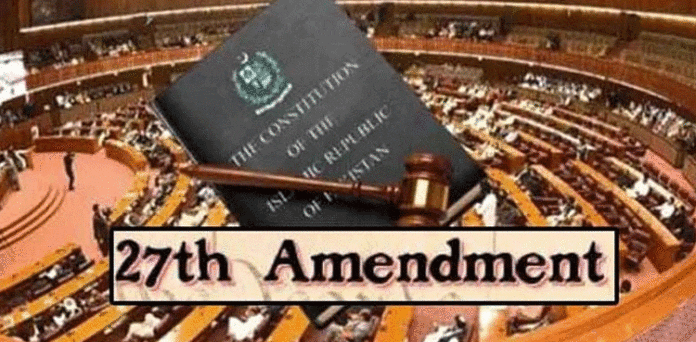ovt proposes new taxes on luxury goods causing significant increase in their cost
June 11, 2025 : The newly unveiled Federal Budget 2025–26, presented by Finance Minister Muhammad Aurangzeb, has stirred widespread attention with a sweeping set of tax measures — particularly targeting luxury goods and renewable energy imports.
One of the most debated decisions is the introduction of an 18% sales tax on imported solar panels, a move the government argues will protect and promote Pakistan’s nascent domestic solar manufacturing industry.
Defending the tax during his address to the National Assembly, Aurangzeb said the levy aims to encourage local production and reduce reliance on imports. However, critics fear it could hinder the country’s solar adoption momentum, which has seen significant growth, with net metering capacity reaching 2,813 MW as of March 31, 2025, according to the Pakistan Economic Survey 2024–25.
Environmental advocates and industry stakeholders argue that higher costs could deter households and businesses from investing in clean energy at a time when Pakistan is experiencing a renewable energy boom.
Beyond solar panels, the budget also slaps new taxes on a wide range of luxury and non-essential goods, potentially driving up prices for everyday consumers. Among the taxed items are:
-
Vehicles (including high-end and imported models)
-
Petroleum products
-
Juices, beverages, carbonated and mineral water
-
Pet food (for dogs and cats)
-
Coffee and chocolates
-
Cereal and snack bars
In a further step to broaden the tax base, the government has proposed a 2% tax on the sale of online items, likely impacting the pricing structure of e-commerce platforms and digital marketplaces.
The budget, which outlines a Rs17.57 trillion expenditure plan, also sets a GDP growth target of 4.2%, offers relief measures for the salaried class, and manages to trim overall federal spending by 7% — signaling an attempt to balance fiscal consolidation with growth ambitions.
While some measures have been praised for promoting local industry and reducing the deficit, others — especially the solar panel tax — are expected to face pushback from environmental groups and consumer rights advocates in the days ahead.














